Yesterday, international crude oil prices experienced a significant decline for four consecutive trading days.
Four trading days ago, the price of New York crude oil was still as high as $83, but yesterday it fell below $72, reaching a low of $71.75.
Brent crude oil also saw a decline for four consecutive days, with yesterday's price breaking below the $80 mark.
After a substantial drop in crude oil prices in the third quarter of this year, there was a noticeable rebound in the fourth quarter. However, so far, the downward trend for the fourth quarter has been established.
The significant decline in crude oil prices is good news for the US inflation data, which is why the US CPI year-on-year data has been falling month by month in recent months, with last month's data already dropping below 8%.
Next Monday, the US will announce new CPI data, which may continue to stay below 8%.
But for Europe, such good news seems far away.
The recent CPI data shows that the Eurozone remains at a historical high and is still setting new records.
Moreover, the natural gas prices that fell sharply some time ago are likely to rise significantly again with the onset of winter.
December has arrived, and Germany may face a cold snap.Weather forecasts indicate that a cold air mass is set to enter Germany soon. For instance, the weather forecast for Hamburg suggests that temperatures will drop below freezing in the near future. If rain is followed by potential snowfall, temperatures could plummet even further, leading to an increased demand for heating.
Officials in the UK have also stated that this winter is expected to be colder than usual, with temperatures falling below seasonal norms. Weather forecast experts predict that UK temperatures will be 1 to 3 degrees Celsius lower than in previous winters, and there may even be snowfall.
Currently, it is anticipated that December will see a cold wave sweeping across Europe, with a sharp drop in temperatures, making natural gas supply a matter of concern once again.
Previously, Europe's natural gas storage facilities were nearly depleted, and there was an optimistic estimate that the remaining supply would be sufficient to get through the winter. However, if the weather turns out to be colder than anticipated, the consumption of natural gas could far exceed expectations.
Among all EU countries, Germany is notably more reliant on imported natural gas. Although Germany claims that the current gas reserves in the country will help people endure two months of winter, the chain reaction triggered by the energy crisis continues to worsen.
Due to the energy crisis, many German hospitals will be forced to close, which means that this winter, Germany is not only facing energy issues but also medical challenges.
Some analysts believe that due to the current energy prices in Europe, particularly for natural gas and electricity, which are expected to remain high for a longer period, this will exacerbate the financial pressure that EU governments are about to face. At the same time, this may increase the risk of divergence among Eurozone countries.










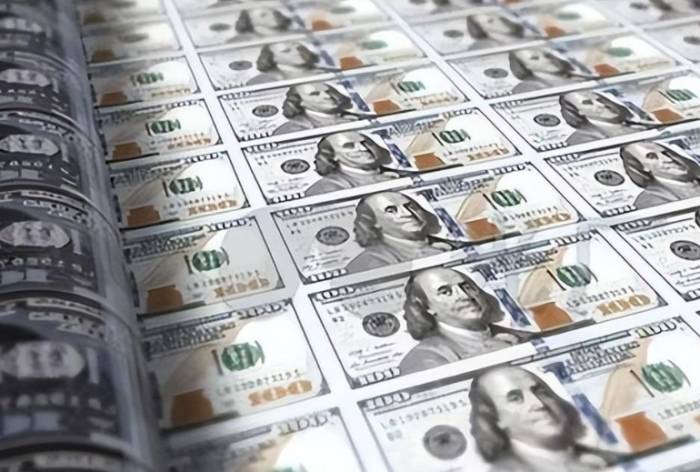




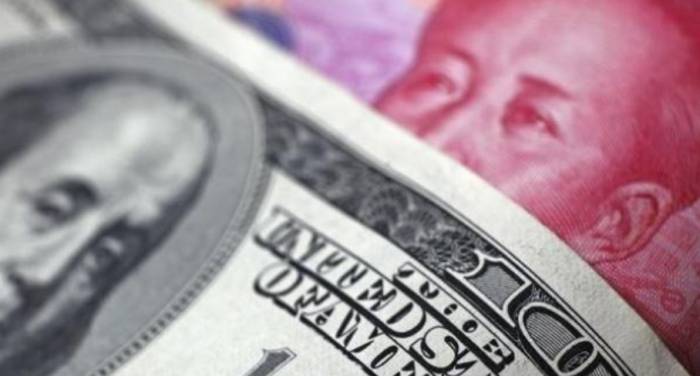

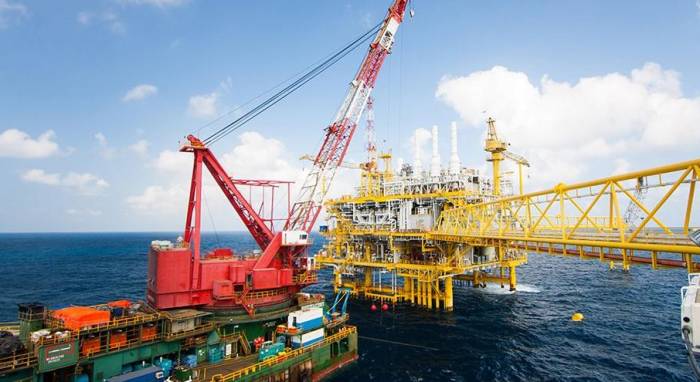
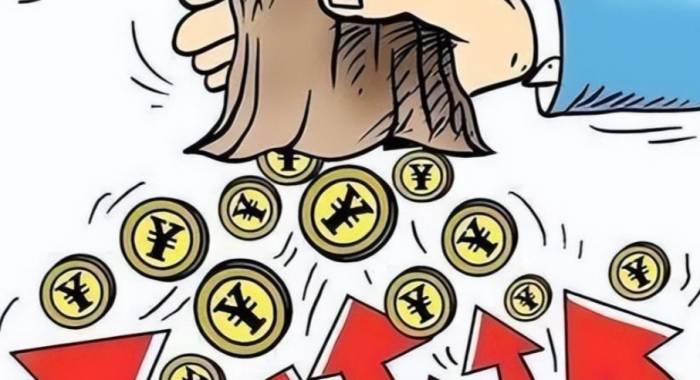




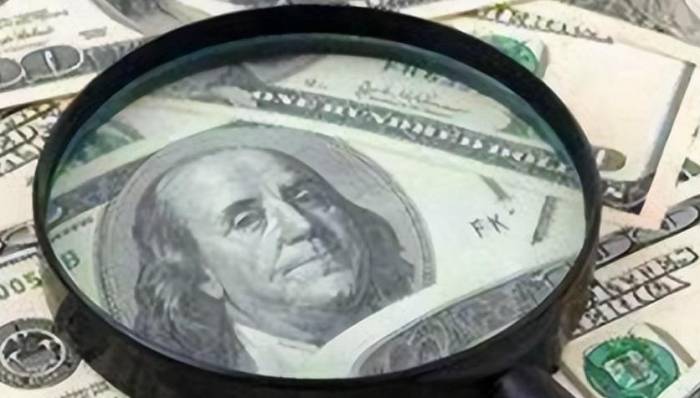






Comments
Leave a Comment